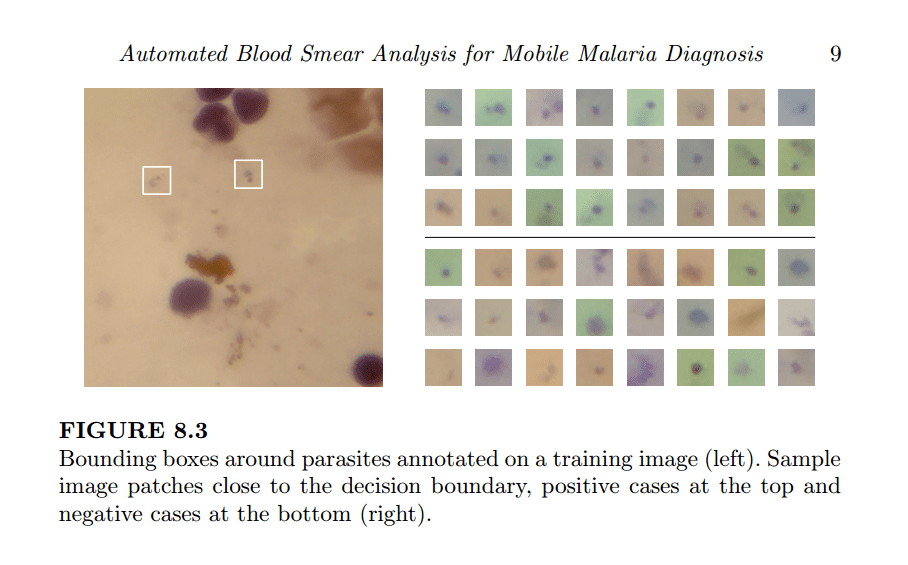When we contemplate machine learning, we might think of our phone companions Siri or Cortana, hot fitness items on the market now that adjust to our routines and abilities, or about big business and data science. Seldom does our picture of “cutting-edge” involve places that are not industrialized. But the “developing” world is a rich forum for machine learning and artificial intelligence. From agricultural growth to language learning to small business, the opportunity space for making a real difference with machine learning and engineering design is ripe – and at least one team of engineers, computer scientists, and analysts have started considering the possibilities.
Located at the Makerere University School of Computing and IT in Uganda, the AI-DEV group led by Senior Lecturer, John Quinn, has been addressing local and regional concerns with machine learning platforms since 2010. Using machine learning, computer vision, and mobile development, the group – in conjunction with other academic institutions and public works groups – has been working on biosurveillance, agricultural blight tracking, traffic monitoring, and disease diagnosis for the people surrounding their community.
The team is capitalizing on the prevalence of mobile phones in Africa, with hundreds of millions of people with subscriptions, and promise of unforeseen increased internet use over the next five years. Using these phones as a hardware platform, the algorithms implemented by the group can be used by those savvy enough to download an app, or navigate to a browser.
One of their web-based platforms is Kudu, an online buying, trading, and selling app that matches buyers and sellers algorithmically. On a mobile phone, a person – either a rural farmer looking to sell, or a townsperson looking to buy – merely needs to text their intentions to the system, and the transaction will be completed. Challenging the notions of current agricultural trade, the group has tested their product with users in order to refine it.
On the more theoretical side of things, the group recently published a paper about blood-stain analysis for malarial infection detection. Using a library of training images, Quinn et al. are developing computer vision techniques to extract information from images to classify and evaluate potential infections. Their open-source Python scripts serve as an example of supervised learning for classification, a task that may often be associated with the more lowly chore of spam filtering.
AI-DEV uses supervised learning and computer vision to identify potential infections
This is not the only group that has started thinking about machine learning and technology that can contribute to the greater good and public data. AI-D is a cross-nation and multi-industry conglomerate that uses large-scale data sets to analyze and predict issues in food shortage, disease surveillance, and cultural climate. MSSNG is a Google and Autism Speaks collaboration using machine learning techniques to create a genomic database on autism with data collected from around the world.
When considering a new project for machine learning, consider the applications that may not be trendy, like a personal assistant, but are needed, like blight detection in fields. The challenges with developing for development are manifold – data resources may be limited or contradictory, technological restrictions may exist in the region of interest, user studies may be difficult if developing remotely – but the finished project will not only spur development from other groups, but enact real changes to a community.
The infrastructure in developing countries is being built at a time when mobile technology is accessible and affordable, and globalization is a word on the tongue of industry and institutions. The popularity of luxury technology is also creating frugal opportunity to explore complicated algorithms for personalization features. This trifecta for advancement can be used not only to develop the “latest-and-greatest,” but as an opportunity to create aid programs that focus on connectivity, access, education, public health, and public safety.
As developers, we have the resources, ability, and power to transform communities around the world, not just create the next cool tech fad on the market. When considering your next project, whom will you be developing for?
Guest post by Victoria Preston


